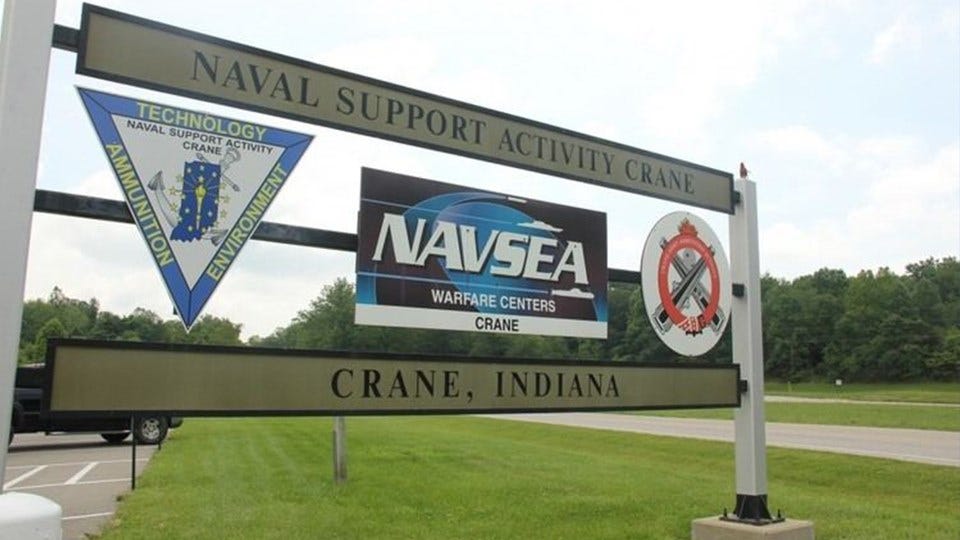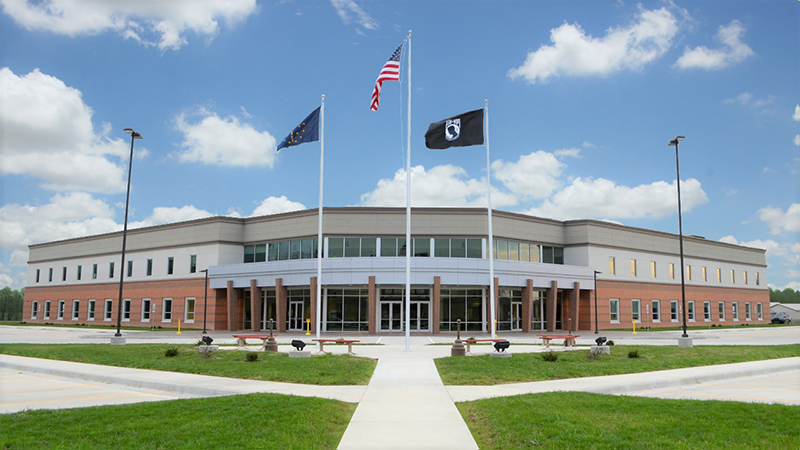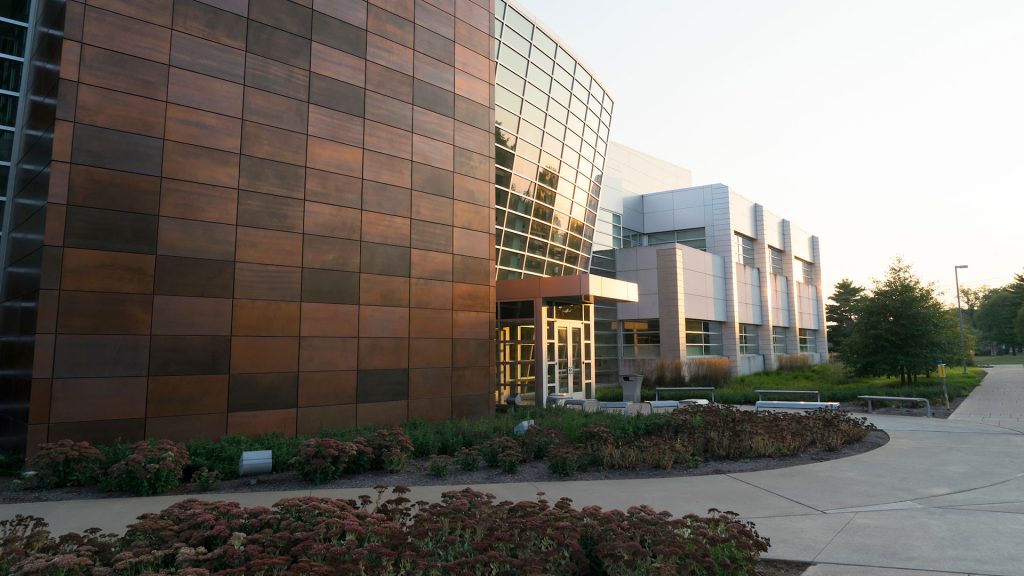PARI
Microelectronics
Lab
The PARI Microelectronics Lab reinforces this critical science as the linchpin of national security, cutting across important areas from weapons systems to infrastructure.
OVERVIEW
The PARI Microelectronics Lab reinforces this critical science as the linchpin of national security, cutting across important areas from weapons systems to infrastructure.
Microelectronics technology encompasses weapons, information technology, sensing and warning systems, control of critical infrastructure, space applications and many more areas vital to our national defense.
With cross-functional teams, the PARI Microelectronics Lab (PML) drives innovation, solves complex technical challenges and develops state-of-the-art technologies. Our research and development efforts span the design, modeling, simulation, fabrication, characterization and packaging of novel microelectronic technologies and devices to meet the needs of the Defense Department.
The lab’s primary goals include:
Microelectronics in extreme environments
Radiation hardened, radiation tolerant and other high-temperature chips for applications such hypersonics and space
Materials and processes
Optimizing microelectronics fabrications and facilities to best meet national security needs
Modeling and simulation
Using these to create data sets that will influence decision making for state-of-the-art applications
Silicon photonics
Leveraging this platform to develop sensing, biomedical, automotive, astronomy, aerospace, augmented reality, virtual reality and artificial intelligence applications
Facilities/Capabilities
PML works in new laboratories and facilities in renovated and accredited spaces for classified U.S. government work.



Naval Surface Warfare Center, Crane Division, Odon, IN
- Third largest naval warfare center in the world. Crane oversees multidomain, multispectral, full life cycle support of technologies and systems enhancing capability to today’s Warfighter.
- Member of the Indiana Research Consortium, a research engine of Indiana’s three largest research universities to drive innovations and advancements in critical national security areas. As part of this effort, this hub for defense research will address challenges in microelectronics and workforce development.
- More info here
WestGate@Crane Technology Park, Odon, IN
- Home to the $2 billion Microelectronic Commons Program, established through NSWC Crane and managed by the National Security Technology Accelerator. It enables lab-to-fab transition of microelectronics innovations; enables cost-effective exploration of new materials, devices, architectures, and prototyping in domestic facilities; accelerates transition of new technologies to domestic manufacturers.
- Home to NHanced Semiconductors, a design and manufacturing innovator of semiconductor technologies. Mid-volume production, low-volume advanced package assembly and workforce training are at this location.
- Robust supply-chain and other expertise across multiple areas
- More info here
Birck Nanotechnology Center, Purdue University, West Lafayette, IN
- Scifres Nanofabrication Laboratory, a 25,000-square-foot cleanroom, the second largest in this country
- 33,000 square feet of specialized laboratories for device and materials characterization
- Home to Purdue’s advanced research and development on semiconductors and other technology at the atomic scale
- Equipment for lithography, etching, epitaxy, processing and packaging.
- Classified laboratory space and meeting rooms
- More info here
Our People
Our staff has experience and reputation for collaboration that is second to none. This enables us to work seamlessly across government, industry and academia. PML staff feature subject matter experts and researchers plus the breadth of Purdue University faculty and staff.

Darren Crum, PhD
Director

David Halbrooks
Microelectronics Researcher

Patricia Herndon
Senior Director, Special Projects

John Holaday, PhD
Microelectronics Researcher

Samuel Sheeder
Microelectronics Researcher

Gabe Velarde, PhD
Microelectronics Researcher